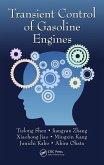
eBook, ePUB
28. Oktober 2015
Taylor & Francis eBooks
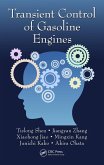
Ähnliche Artikel
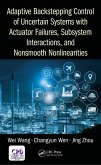
eBook, ePUB
18. September 2017
Taylor & Francis eBooks
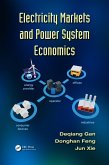
eBook, ePUB
12. November 2013
Taylor & Francis eBooks
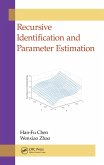
eBook, ePUB
23. Juni 2014
Taylor & Francis eBooks
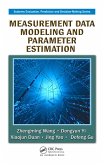
eBook, ePUB
19. April 2016
Taylor & Francis eBooks
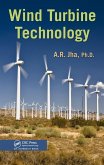
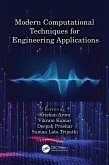
eBook, ePUB
21. Juli 2023
Taylor & Francis eBooks
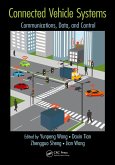
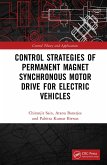
eBook, ePUB
25. Oktober 2022
Taylor & Francis eBooks
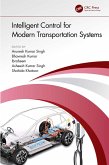
eBook, ePUB
16. Oktober 2023
Taylor & Francis eBooks
Ähnlichkeitssuche: Fact®Finder von OMIKRON
